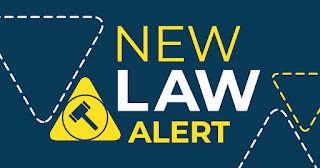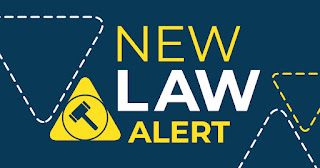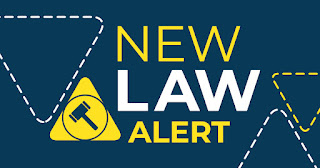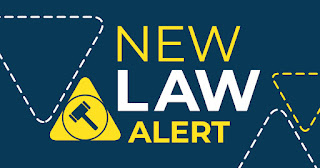As you may recall, on May 5, 2021, the NY HERO Act was signed into law in order to protect employees against exposure and disease during a future airborne infectious disease outbreak. The HERO Act requires employers to take certain measures to protect their employees in the event of future airborne infectious disease outbreaks, which includes requiring employers to have an exposure prevention plan in place in the event of a future outbreak.
As previously reported on this Blog, regulation 12 NYCRR 840.1 entitled "Airborne Infections Disease Exposure Prevention Standard" was proposed over the summer to assist employers in adopting an exposure prevention plan.
Although 12 NYCRR 840.1 has not yet been approved, the New York State Dept. of Labor has enacted an emergency regulation so that 12 NYCRR 840.1 can be immediately adopted.
Regardless of whether or not 12 NYCRR 840.1 is ultimately approved, employers should still have an exposure prevention plan in place. However, to err on the side of caution and to avoid a whirlwind of possible future lawsuits, employers should comply with the requirements set forth 2 NYCRR 840.1, especially in light of the Dept. of Labor's recent actions in proposing an emergency regulation to adopt 12 NYCRR 840.1.
Clearly, the Dept. of Labor is gravely concerned about the possibility of future airborne infectious disease outbreaks and their patience is running thin.
If you agree or disagree with the Dept. of Labor's emergency regulation, you can make your voice heard by emailing Michael Paglialonga, Dept. of Labor, at regulations@labor.ny.gov, by December 31, 2021.



















